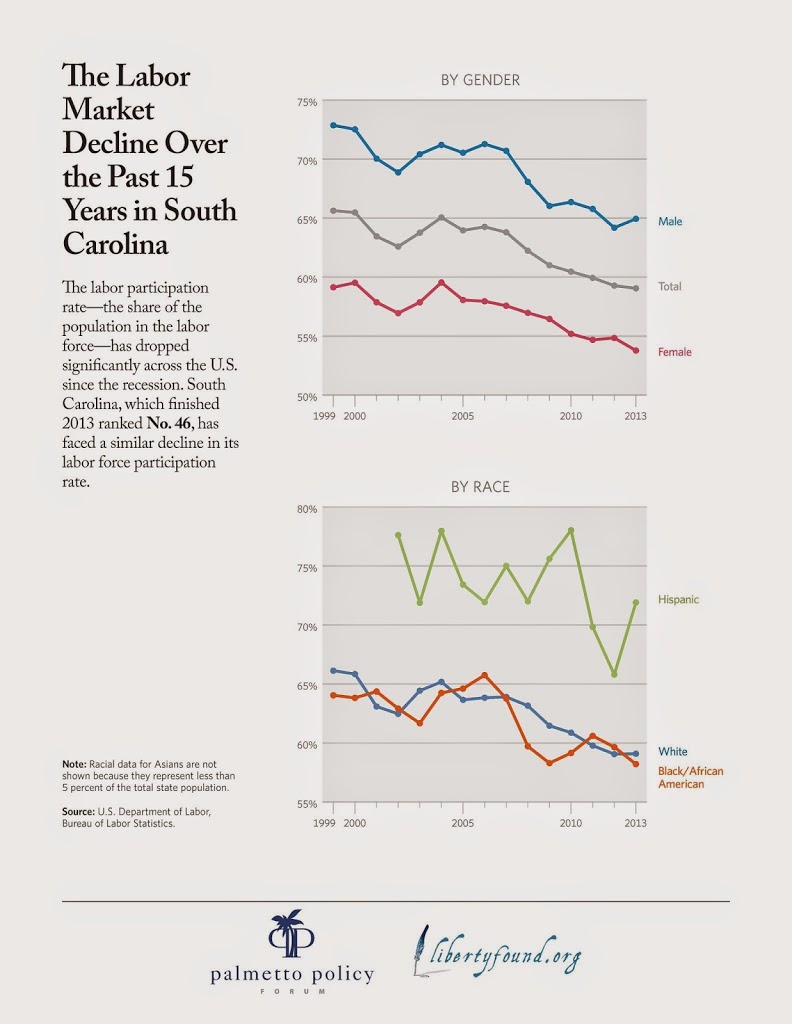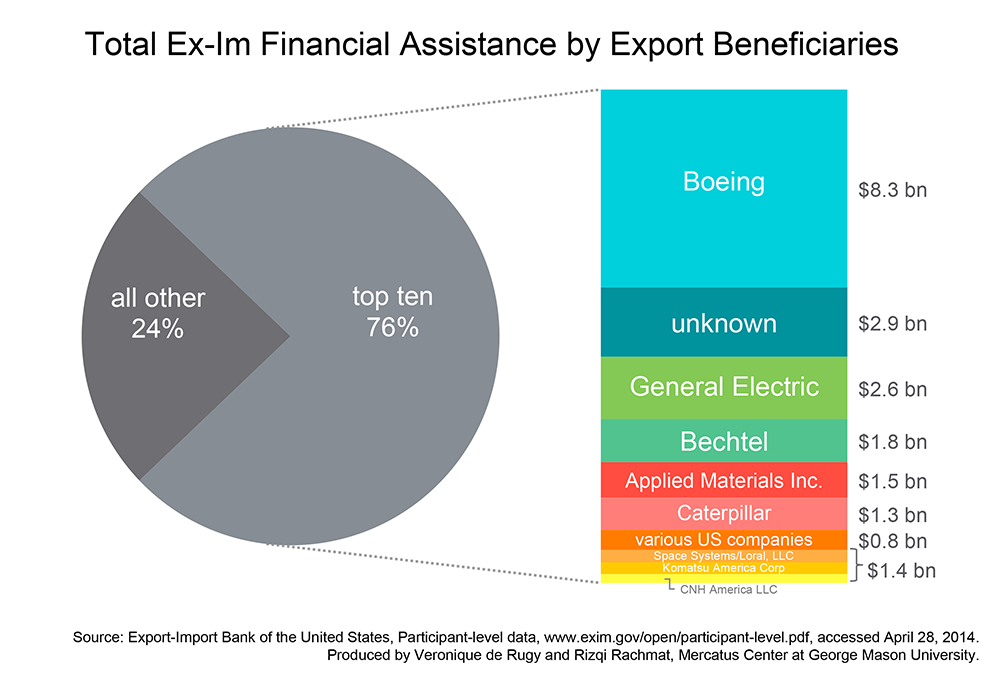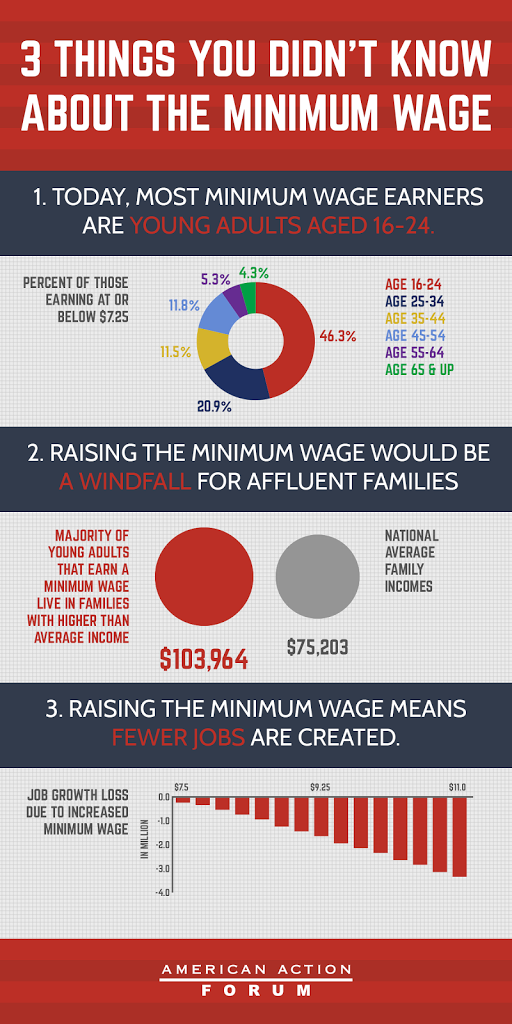Falling Unemployment – Road to Recovery or Dead End?

Late in 2014, headlines heralded the news that America’s official unemployment rate had fallen below 6% for the first time since 2008. Surely, a sign that we’re on the path to recovery, right? A closer look says “not so fast.” From 2008 to the most complete numbers we have in 2013, South Carolina’s labor participation has seen a uniform, steady decline across gender and race, aside from a 2012-2013 rebound among Hispanic workers.










